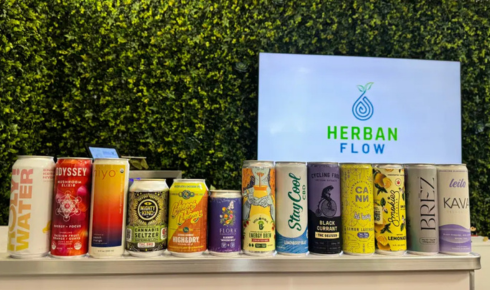Why the Future of Hemp Is So Dynamic
Hemp’s decade-long journey demonstrates a dynamic industry driven by curiosity, innovation, and societal change. With evolving regulations, research, and fading stigma, hemp attracts investors, governments, and entrepreneurs worldwide.
Previously relegated to the sidelines, hemp is now entering mainstream markets in unique ways—one interesting example is the rise of THC-infused spirits Florida, and similar product categories that blend traditional craftsmanship with bold, plant-based influence. New hemp products consistently enter the market, resulting in double-digit annual sales growth and product diversity. Staying informed is crucial in the overlapping food, health, industrial, and recreational markets.
Regulatory Shifts and What They Mean for Producers
Due to regulatory changes in major markets like the U.S., Canada, and Europe, hemp producers face both opportunities and frustrations. These updates provide new opportunities but also introduce new compliance and reporting obligations. Some companies can scale quickly as regions establish unique standards, while others struggle with local discrepancies. Smart producers must adapt, build networks, and invest in compliance tools.
Sustainable Practices Leading the Way
Modern hemp cultivation emphasizes sustainability due to its rapid growth cycle, low input requirements, and ability to remediate contaminated soil. It can revitalize land and draw pollutants from soil through phytoremediation. Institutions like the USDA highlight hemp’s value for rural and regenerative agriculture, reducing chemical fertilizer use, conserving water, and upcycling nutrients.
Innovation in Hemp-Based Products
Hemp-based innovation expands beyond rope, seed, and CBD oil, incorporating food, beverages, sustainable clothing, industrial materials, bioplastics, and automotive manufacturing into various sectors. Its versatility is used in eco-friendly housing, biodegradable plastics, and nutritionally dense protein powders. Hemp-based materials are also used in construction for strength, durability, and eco-friendliness.
Current Challenges and Fresh Opportunities
Hemp industry faces challenges like price volatility and varying regulations, but diversification, research partnerships, and trust are strategies to mitigate risk and maximize returns. Hemp producers prioritize trust and transparency, building loyal customer bases and outperforming competitors in consumer trust indexes. This approach helps navigate uncertainty and maximize returns in the industry.
The Role of Technology in the Modern Hemp Sector
Technology is transforming agriculture, particularly in hemp production. Digital mapping, satellite-guided tractors, and real-time soil sensors enable precise nutrient and water management, reducing waste and driving profits. Cloud data optimizes planting schedules and harvest logistics. Genetic innovations reduce pests and improve weather tolerance. Blockchain traceability builds consumer confidence and regulatory compliance.
Outlook: What’s Next for Hemp?
The hemp industry is poised for growth as research into cannabinoids, fiber applications, and sustainable farming methods expands. Increased interest from investors and multinational brands indicates momentum. Flexibility, transparency, science, and sustainability are key for success. Combining innovation with responsibility will keep hemp at the forefront of sustainable solutions.




